
When humans disappear, the world won’t hold its breath. Things are going to shift in subtle and sometimes unexpected ways. Our planet will begin its own transformation, quietly undoing everything we built while writing a new story without us in it. Let’s explore how the Earth will adjust when human presence is no longer part of the daily equation.
Nuclear Plants Will Melt Down
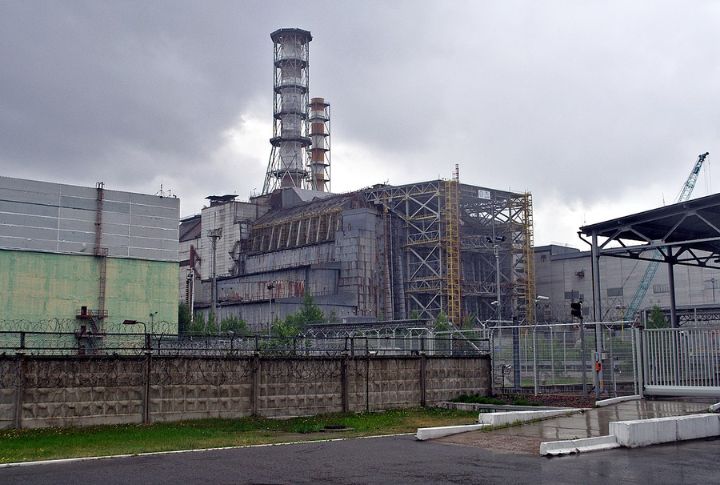
Without engineers monitoring cooling systems, reactors will overheat dangerously. These overheating cores will then experience catastrophic meltdowns, creating radioactive wastelands that could remain dangerous for thousands of years. The contamination might spread far beyond the original sites, turning entire regions into permanent exclusion zones.
Our Pets Will Face A Harsh Reality
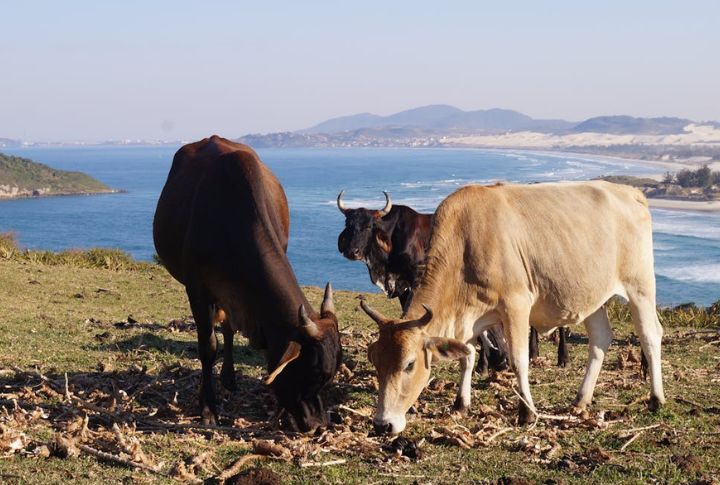
Most dogs and cats weren’t built for wilderness survival, so they will struggle terribly in this new world. Similarly, livestock will become easy prey for wild animals. However, the toughest breeds might adapt successfully to these harsh conditions, and they could eventually form feral packs.
Satellites Will Fall Like Shooting Stars
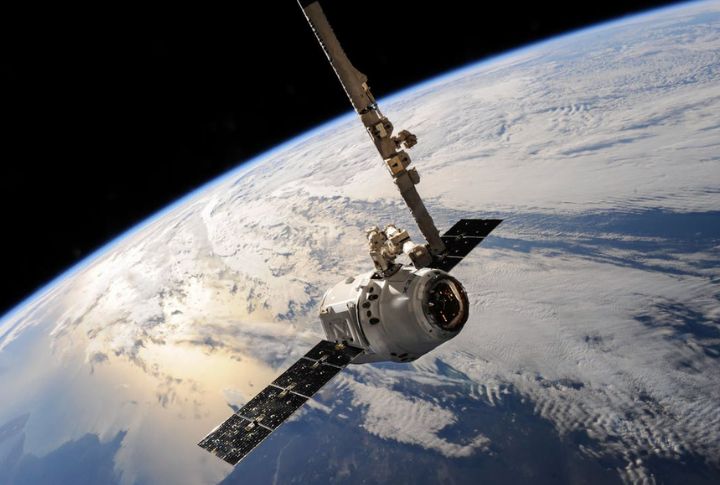
Thousands of satellites will gradually drift from their orbits once course corrections stop happening. They might create spectacular meteor showers when they burn up in our atmosphere over the years ahead. Interestingly, the highest satellites could keep circling for centuries because they’re far enough from atmospheric drag.
Cities Will Flood And Crumble

Coastal cities might be the first to slip beneath rising seas, as flood defenses will no longer be maintained. Above ground, skyscrapers might begin absorbing moisture through cracks. Over time, this slow water damage is going to be the key reason for their collapse.
The Lights Will Go Out Forever
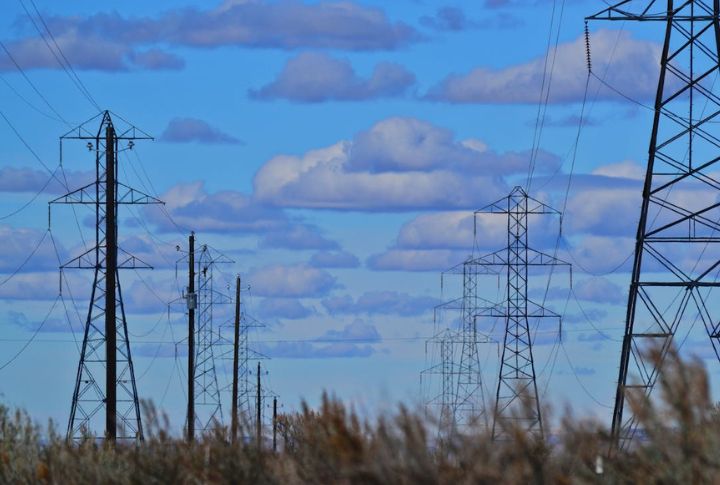
Power grids are likely to collapse within days as energy systems lose their human coordinators. Coal plants will shut down first when their automated systems fail, and then nuclear and hydroelectric facilities may follow suit. As these power sources disappear one by one, permanent darkness will blanket the globe.
Nature Will Take Everything Back
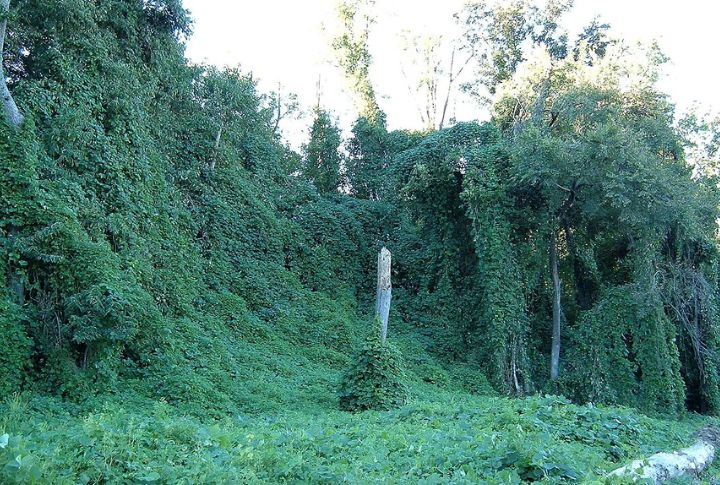
Just like any abandoned area, vines will crawl up our buildings while trees simultaneously push through sidewalks and foundations. As this happens, forests will spread rapidly across farmland, reclaiming territory we once controlled. Within centuries, our greatest cities might turn into mysterious green mounds, and wildlife will rediscover ancient migration routes.
Plastic Will Be Our Eternal Signature
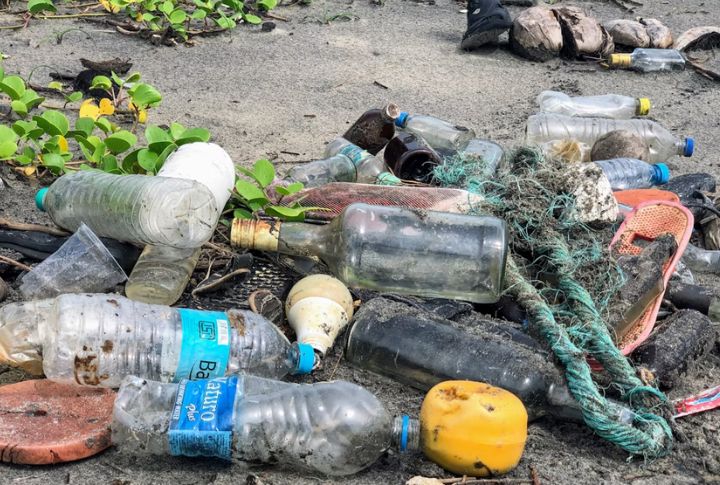
Long after everything else crumbles away completely, plastic is going to remain everywhere on Earth as our most durable creation. It will persist in oceans and landfills for millennia, gradually breaking into smaller and smaller pieces. These microplastics could then circulate through food chains as our most lasting environmental legacy.
Our Languages Will Die In Silence

Without speakers remaining, every language is going to vanish completely from existence within generations. Physical books will decay naturally over time, while digital storage might fail eventually. This means future intelligent life could face the nearly impossible task of deciphering messages from voices that no longer exist.
Only Fragments Will Survive Deep Time
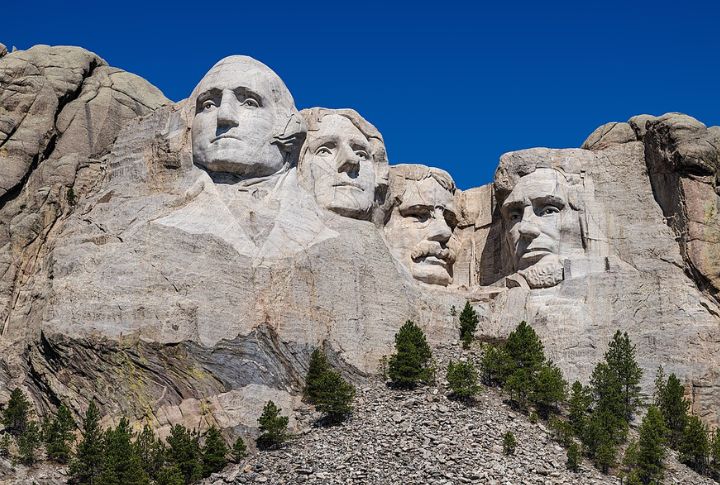
Most human structures are going to crumble into dust and disappear. Perhaps portions of Mount Rushmore or the Great Wall will persist as puzzling ruins—monuments to a vanished species. Ultimately, our deepest legacy might consist of radioactive waste buried underground and lonely space probes drifting through the cosmos forever.
The Air Will Finally Breathe Easy
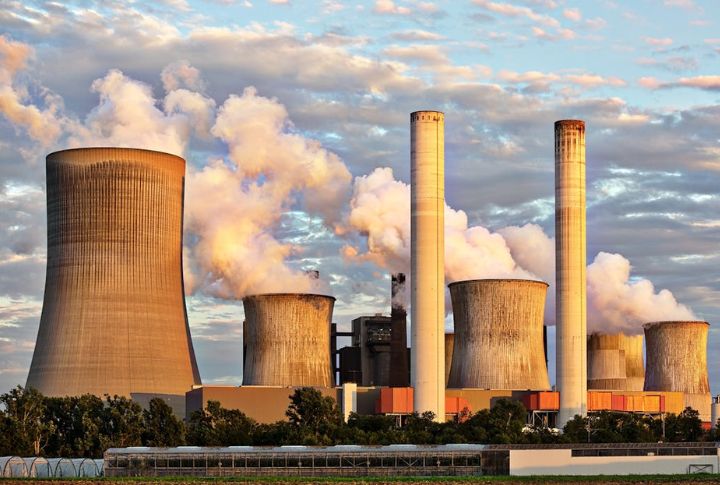
Without factories and cars operating continuously, air pollution is going to plummet dramatically across all regions. As a result, smoggy skies will clear completely, revealing blue horizons we forgot existed in many places. The ozone layer might also slowly heal itself, which means Earth could start breathing normally again.

